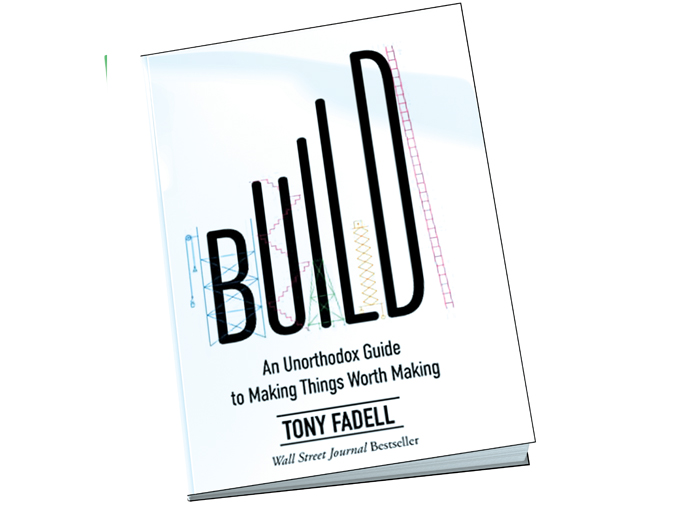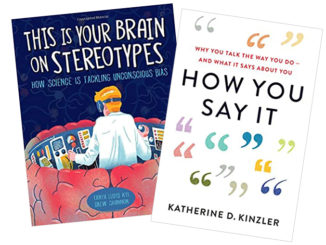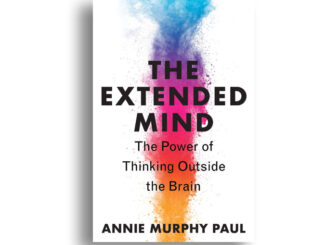Reviewed by Liz Granahan, Partner, SyncScript, LLC, Ambler, Pennsylvania, lizg@syncscripts.com
Tony Fadell is best known as a cocreater of the iPod and the iPhone, as well as the visionary, founder, and former CEO of Nest Labs. Build: An Unorthodox Guide to Making Things Worth Making is a compilation of stories from his experience, along with advice for anyone looking to grow in their career or business. If you’re starting a career in technology or looking to build a product, this book is especially insightful.
This book covers so much ground over so many topics that it’s hard to encapsulate in a short review; however, a few themes did stay with me after I finished the book. Some are things I wished someone had told me when I was younger about leadership and nurturing passion into a purpose. Other topics resonated with lessons I’ve learned over my career in market research. Either way, they were fascinating. Here are a few examples:
Insights Role in Product Development
Fadell has mixed feelings about market research for products. In general, he is skeptical of relying on insights too much. He discusses experiences that tapped into too many insights and times when there were not enough.
At a startup called General Magic in the early ’90s, Fadell and his team created a product that was ahead of its time. They were focused on “Joe Sixpack” as their customer but did very little user testing and instead built features they liked and assumed the rest of the world would, too. This resulted in a product that the typical consumer, or “Joe Sixpack,” was not ready for in 1995: a pocket computer.
However, at Philips, Fadell and his team invested a lot in expert panels and the insights gleaned from them. They hired an external consulting team to find “mobile professionals.” From this experience, he states, “People just can’t articulate what they want clearly enough to definitely point in one direction or another, especially if they’re considering something they’ve never used before.” He says his team used data as an excuse not to make decisions. Ultimately, Fadell decided not to listen to the expert panels and instead have the internal team make decisions. Not everyone agreed with this approach, but Fadell saw it as the most efficient way.
Fadell seems to be saying that marketing research is a good way to determine who you’re building the product for (i.e., “Joe Sixpack”), but when it comes to the details of a future product, consumers don’t know what they want, and it’s best to have the designers make the decisions. Not all his team members agreed with him, but as he says, “That will happen sometimes when one person has to make the final call.”
The Importance of Storytelling
Fadell believes in the value of storytelling and stresses the importance of ensuring you and your customers understand why you need it. Fadell says, “Every product should have a story” because it makes something complicated seem simple, helps people understand from a rational and emotional perspective, and that reminds them of the problem the product/service solves—a good reminder for all of us.
Success in Entrepreneurship
Fadell says, “If you’re going to pour your heart into creating something new, then that thing should be disruptive. It should be bold. It should change something.” Many people have ideas, but how do you know you’ve spotted a good idea? Fadell says a good way to decide is if your idea solves a problem, if it solves for why people would want it, and if you can’t stop thinking about it.
Overall, Build is an excellent read for those right out of college to those ending their careers. Fadell’s advice, coupled with his personal experiences, written in his memorable voice and style, provide valuable lessons for anyone looking to create products that truly resonate with customers.





